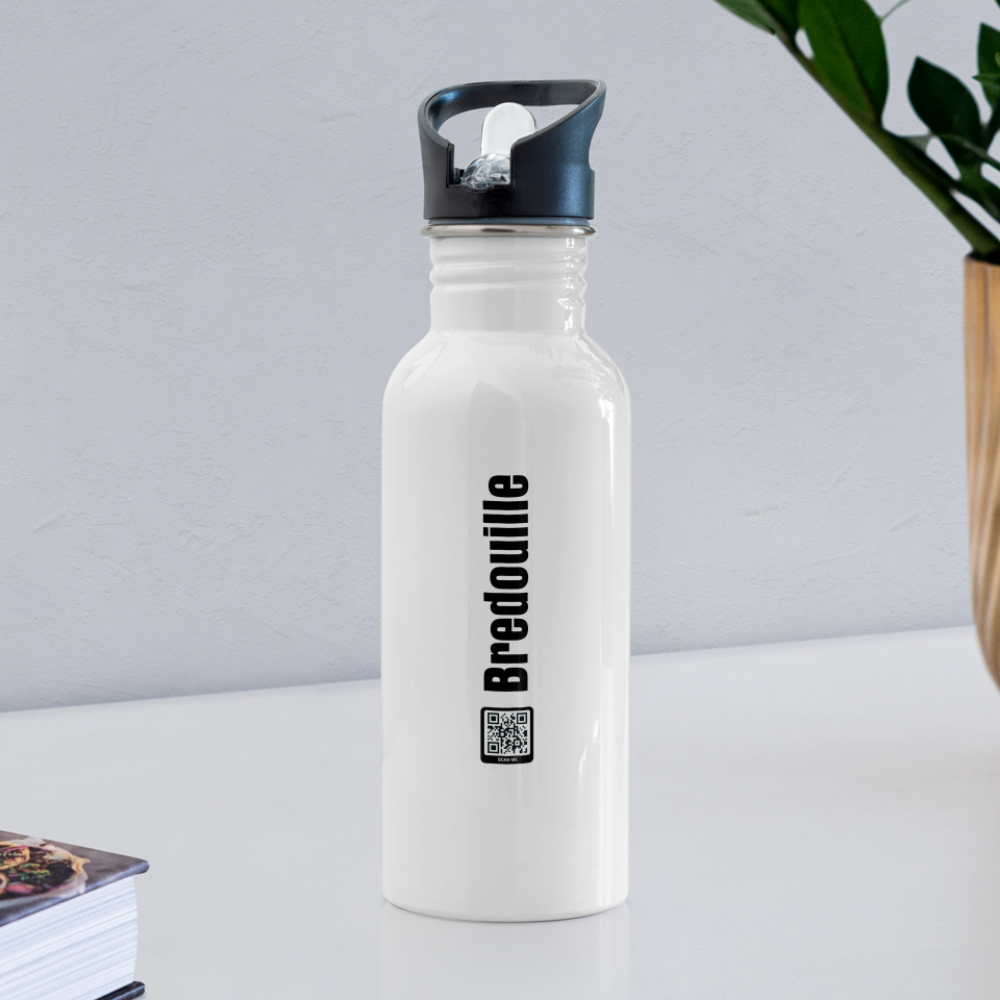Prof. Dr. Josef Aldenhoff is a neurobiologist, psychiatrist and psychotherapist. In his advice at the Muthesius Art University in Kiel, students can talk openly about their mental needs. In our “Email from the Prof” section, he gives tips on what you can do to combat too much pressure to perform during your studies.
Tips for “staying relaxed” from Prof. Dr. Aldenhoff
Dear students,
Pressure to perform is everywhere today, in working life, in studies, and sometimes also in private life. It would be a mistake to believe that this would not have any psychological consequences for you just because you are still young. Depression and burnout are also quite common among students, interestingly enough also among first-year students.
Why?
The start of your studies has nothing to do with the old student glory. There is hardly any time for self-discovery and adapting to the new way of life. If you also have to find contacts and form networks when you start the stress of performance, you become susceptible to problems that otherwise only arise in your professional life: me, alone, without support.
What to do?
Find your balance between good motivation (if your studies don't interest you, you shouldn't do it!) - and friendly distance. Because let’s be honest: exams and grades are not life! Gaining this insight can take a lot of pressure off. But sometimes it's not that easy.
The basics:
- Sleep is the most important thing! To sleep well, you have to live regulated life, quite simply. Stop stressing at least two hours before you go to sleep. Boring? You set your priorities. Go to bed at a fixed time, no sleeping pills, little alcohol, little smoking of weed.
- Sport is almost as important. Our ancestors were constantly on the move, fleeing, hunting, looking for food. Our genetic makeup encourages and demands exactly that. Sitting for eight hours a day is poison.
- Don't overdo your learning! Three hours a day is a lot.
- Establish your personal schedule! You can stick to it stubbornly. This gives you scope for flexibility where it is important.
- Last but not least: meditation – yes, really! One of our achievements as humans is thinking. This is often useful. But when we try to calm our emotional turmoil through thinking in stressful situations, it doesn't work. We go around in circles. Some genius discovered that meditation is the best cure for unnecessary thinking. Learn it during quiet times and then do it regularly. Ooooommmm...
How do you stay calm in an emergency and not freak out? Basically: People don't go crazy that easily and, if in doubt, an increase in heart rate is more of a sign of useful activation than of a system failure. Say to yourself and others: I am excited and that is appropriate given such an important task. Trust in yourself and practice difficult situations. You can do it!
Your Prof. Dr. Joseph Aldenhoff
Prof. Dr. Josef Aldenhoff gives tips on “staying relaxed”.





